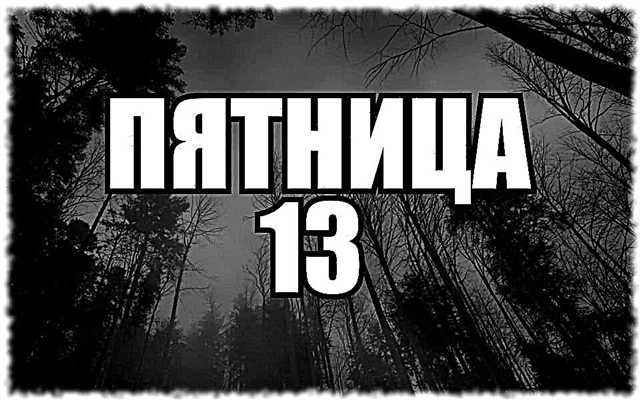
In history textbooks, various documents and other sources in Russian, you can often find mention of the French kings Louis, of whom there were many in the history of the state. What is the secret of a double name and who is really right?
Name origin
The name Louis, which in the Russian version sounds like Louis, is considered one of the most common among the kings of France. So, for example, in the history of the state there were 18 rulers with the name of Louis. It is hard enough to remember all the kings, but some of them really left their mark in history. For example, Louis XIV the Great, nicknamed the King of the Sun, whose reign lasted for 72 years.
The period during which Louis XIV was in power is called the "great age." It was then that France made a huge breakthrough in development. She became a respected, powerful state. The capital has turned into a center of fashion and art, the French language quickly gained popularity. Locals cannot understand why in Russian, King Louis XIV is called Louis. Why exactly this tradition has developed is worth understanding.

It is a common misconception that the name Louis is nothing more than a derivative of Louis, a kind of diminutive form. But it turns out that this is not so. In French, Louis and Louis are considered two completely different names.. However, they have a common "ancestor" - a name with a long history. Initially, it sounded like Clovis. Now the French with a similar name can not be found.
The name Clovis appeared around the first century. It is associated with tribes of ancient Germanic origin who inhabited the territories of modern Europe. Gradually, many migrations took place, some peoples mixed with others. It was from the Germanic tribes that many European nations originated.
Interesting fact: The name Clovis became popular because it was the name of the founding king of the Frankish kingdom, who ruled them in 481-511.
Language features
Clovis means a person who became famous in battle. The name began to spread in 4-7 centuries, during the Great Migration. So it appeared in many languages. But gradually, the speakers of each language remade the name in their own way, so that it sounded more familiar and more conveniently pronounced. This phenomenon in the language is called assimilation. According to a similar principle, words of foreign origin are modified.
Thus, Clovis became Ludwik in the Czech Republic, Luigi in Italy, Ludwig in Germany, Lewis in England, Louis in Spain. The French also remade Clovis for the features of their language, and initially it was the name Clovis, and then Louis.
During the Middle Ages, Latin was used as the only international language. In the Latin name Clovis sounded differently - Clodovicus. Later it was slightly modified and turned into Louisovicus.Communication between Russian diplomats and representatives of foreign states also took place in Latin, both spoken and written. All names were also Latinized. That is why in Russia Clovis was not called Louis, but Louis Vicenza.
Latin gradually became less and less common. When its use completely disappeared, some adjustments were made to Russian. This happened during the reign of Emperor Peter I. To simplify the names, they were simply shortened a bit. So, Louis became just Louis. According to the rules, it is pronounced with emphasis on the second syllable. Since then, Louis is the common name of all French rulers by the name of Louis.
It is noteworthy that in Europe, the Latin version of the name Louis was also very common. This is especially true of writing. For example, when the ruler was mentioned in various documents, decrees, inscriptions on monuments, etc., they always used the name Louis, and not Louis. The abridged version was mentioned mainly in oral speech. However, such a tradition existed only until 1789. Then the Great French Revolution took place, the period of the reign of the Old regime ended. The order of spelling of the names of monarchs has also changed - both in oral and in written speech they began to be constantly called Louis. They refused on behalf of Louis in Russia.
Interesting fact: in France, both versions of the name are used - Louis and Louis (with emphasis on the last syllable). However, Louis is not related to royalty.This is a common name, which also came from Clovis, but did not get such popularity. For these names, the French use the same diminutive forms: Lulu, Lou, Louison.
The name Louis came from the German Clovis, and acquired a modern spelling, pronunciation due to language assimilation. This is a phenomenon during which foreign words are remade under the articulatory features of the language. In the written language of Russia, Latin was used, and was called Ludovicus according to the rules of Latinization. When the Latin language disappeared from use, the name was reduced to Louis. Kings by the name of Louis, who ruled since 1789, began to be called so in Russia.











